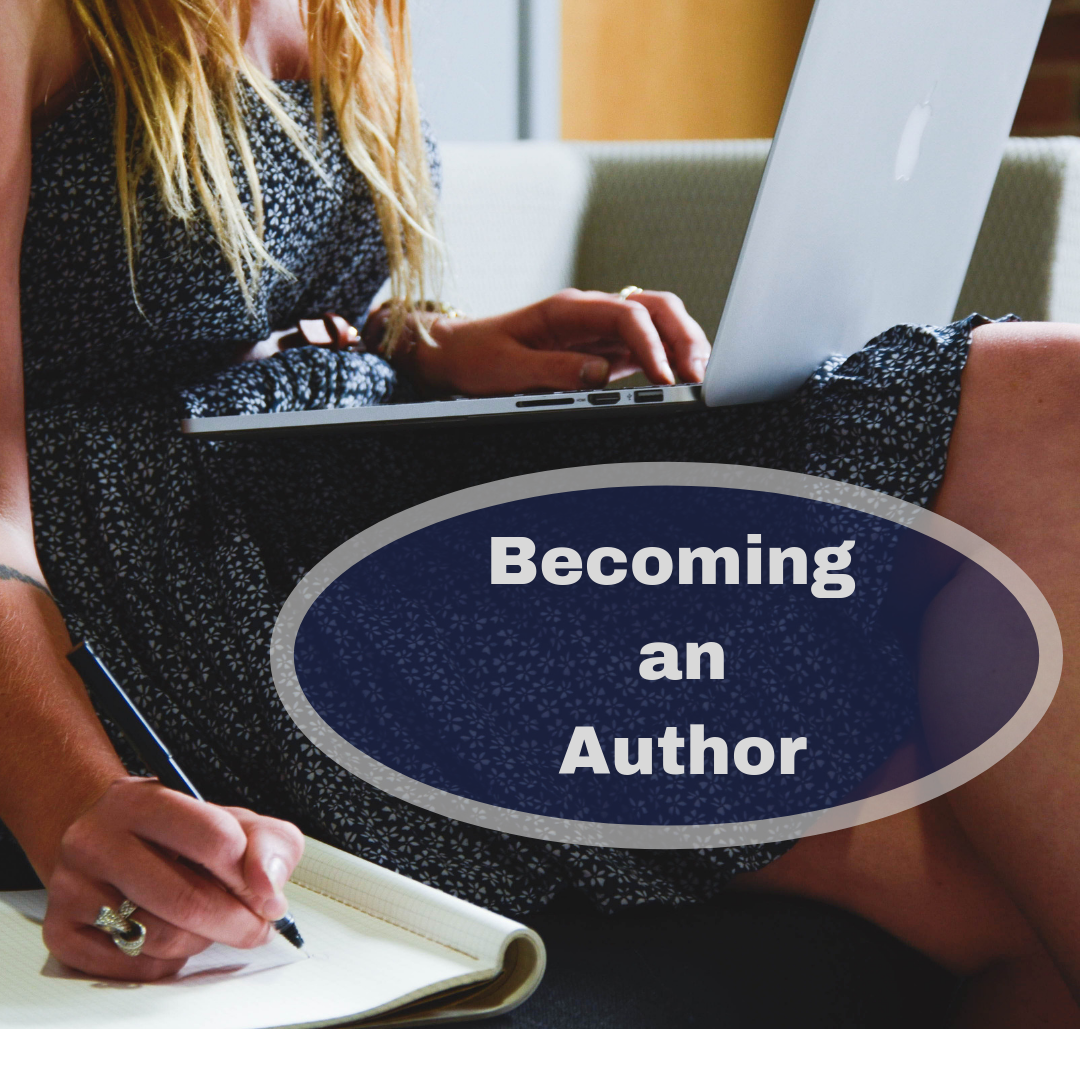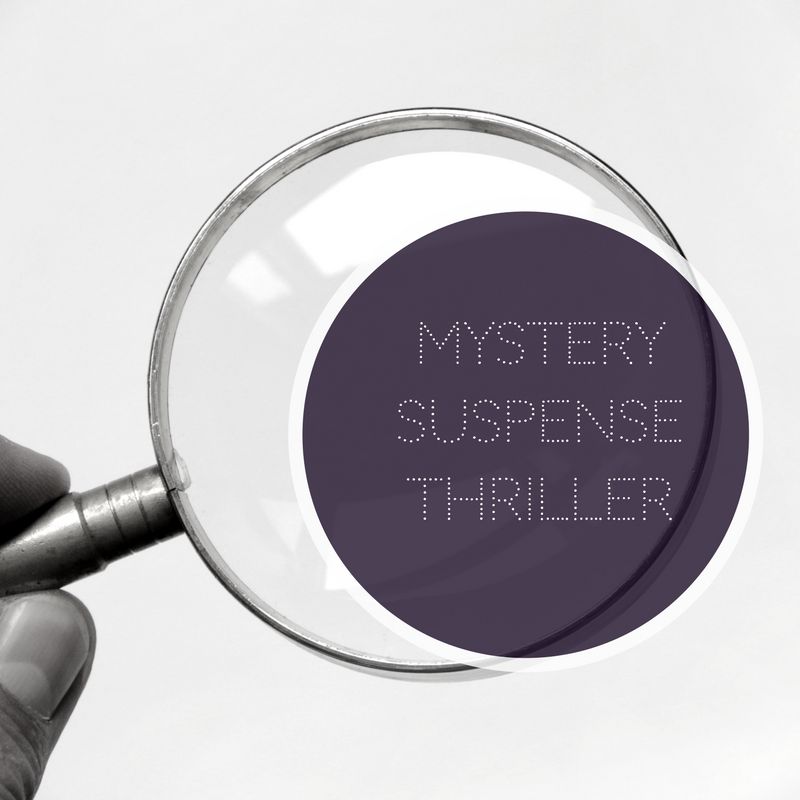
Becoming an Author
What is Your Writer Mission Statement?
Every year around this time, I take a moment to reflect on the progress I have made as a…
December 9, 2020
Every year around this time, I take a moment to reflect on the progress I have made as a…
December 9, 2020
I’m wondering about what motivates people to start writing. After all, it’s not the easiest thing to do, and…
May 18, 2020
If you’ve been trudging along the writing path long enough, you’ve probably already discovered that it isn’t for the…
May 9, 2020
Why do you write fiction? Why cloak your story in the mystery, suspense, or thriller genre? The right answers…
April 17, 2020
When you think about the word “brand,” what comes to mind? A metal tool used with cattle? A particular…
September 16, 2018
Do you ever sit in front of your keyboard, stare at the worn-out keys and wonder if anything you…
July 15, 2018
Beginning bloggers face a steep learning curve that can seem overwhelming. Because there’s so much to learn, it’s easy…
April 25, 2016